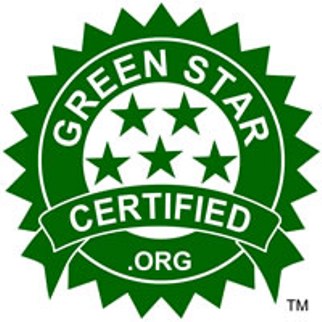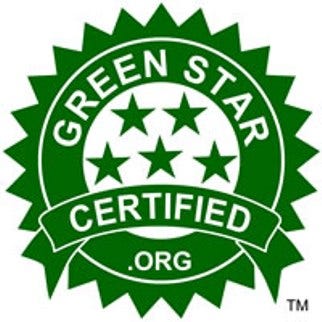FTC wary of packaging "green" claims
January 30, 2014


Green Star sustainable label
The Federal Trade Commission (FTC) is increasingly taking a closer look at marketers' "green claims," writes LeClairRyan attorney and 17-year FTC veteran Thomas A. Cohn in a March 8 CorporateComplianceInsights.com column.
In the column ("4 Tips for Following FTC Guides on Green Claims"), Cohn-the former director of the FTC's Northeast Region and now a partner in LeClairRyan's Manhattan office-warns that the Commission has stepped up its search for "unfair, deceptive or unsubstantiated environmental claims" under the mandate of the FTC Act.
Recent noteworthy targets include unsupported sales claims by replacement-window sellers that their products would cut customers' energy bills by up to 50 percent and an FTC consent agreement reached last year with Nonprofit Management LLC and its owner, whom regulators accused of offering a deceptive "Tested Green" environmental certification to any business willing to pay for the honor.
Companies can find guidance about making green claims in the current edition of the so-called Green Guides, which are available on the FTC's website, notes Cohn, who adds that they are undergoing a major revision. "A high-ranking source within the agency says the final guides most likely will not be issued for several months or more," he explains. "But companies would do well to begin adhering to the proposed revisions before the final guidance is issued."
In the column, Cohn offered four tips to help keep green marketing efforts in compliance with the FTC's current thinking.
1. Be clear and specific. "When it comes to environmental claims, there is no place for 'the fine print,'" Cohn warns. "The proposed revisions strongly emphasize that all marketing messages should be clear and prominent. At a glance, the consumer should be able to tell whether those claims apply to the product, the packaging or just a component of either...Marketers should also limit their claims to that which is specific and quantifiable."
2. Be careful about using environmental certifications and seals of approval in advertising. "The basic message here is that any sort of certification or seal is equal to an endorsement and, as such, is covered by the previously issued FTC Endorsement Guides," Cohn explains. "Those guides spell out the need for substantiation of all claims mentioned in an endorsement or testimonial."
3. Keep marketing and compliance departments on the same page. With the FTC scrutinizing environmental marketing claims as never before, it is important for marketers to work closely with compliance officers, according to Cohn. "A cardinal principle in FTC advertising law is that substantiation for a claim must be on hand before the claim is made," he cautions. "Companies cannot market a claim, run afoul of regulators and then launch a search party tasked with finding substantiation after the fact...While putting the brakes on marketing can at times create tension, it is in everyone's best interest to put just as sharp a focus on corporate compliance."
4. Check the guides before using a green term. While terms like "free of," "nontoxic," "recyclable" and "compostable" might seem straightforward enough, "the proposed revisions to the Green Guides drill into the specific, legally acceptable usage of such language in marketing materials," Cohn writes. "Before you say something is 'ozone-safe' or 'degradable,' check the guidance to find out," he advises. The proposed revisions, with specific examples, are available here.
Source: LeClairRyan
.
You May Also Like


